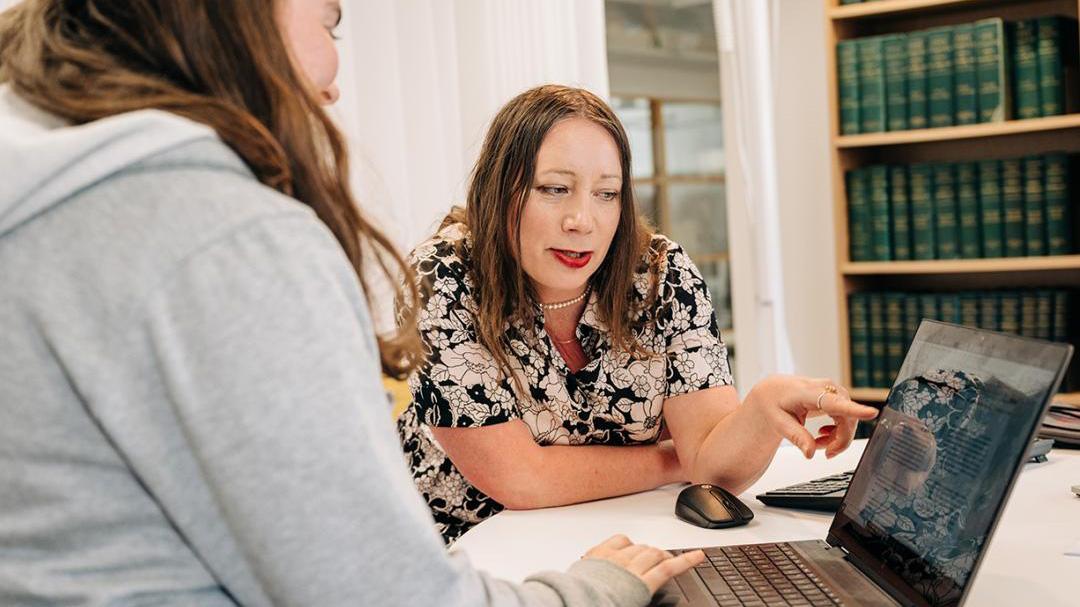Useful databases and websites
At this page, we describe some of the most frequently used databases at KI and some websites where you can find useful medical information. On the page Databases & e-resources you will find many more databases and other resources you can use when you search for information. There is more information on the Access page about how you find the material you have access to via the library.
PubMed
PubMed is the largest medical database. It contains references to journal articles in fields such as medicine, nursing and odontology. PubMed uses English as it's search language even though some articles may be written in other languages. The database is accessible for everyone, free of charge, but to gain access to the journals KI subscribes to in full text, you need to go to PubMed via the library's website.
By looking at PubMed tutorials, you can get tips about how to search in the database.
PubMed
The largest medical database with references to journal articles in medicine, nursing and odontology from the 1940s and onwards. Also includes biomedicine and health, covering portions of the life sciences, behavioural sciences, chemical sciences and bioengineering.
Access
KI only.
Searching this database is free for everyone via pubmed.ncbi.nlm.nih.gov, but to access KI's electronic journal subscriptions you need to sign in with your KI account. If you do not have a KI account, you may access subscribed content by visiting PubMed on the computers available in the physical library.
CINAHL
CINAHL is a database with references primarily to journal articles in areas such as nursing, occupational therapy, physiotherapy and medicine. CINAHL has fewer references than PubMed but you may still find articles that are not found in PubMed. CINAHL uses English as it's search language but there are also articles written in other languages. You will not find any articles written in Swedish in CINAHL but there are articles written by Swedish researchers about Swedish circumstances.
CINAHL
CINAHL contains references to articles in journals, books and dissertations in nursing, occupational therapy, physiotherapy and medicine.
Access
KI only.
Web of Science
Web of Science is an interdisciplinary database containing, among other fields, science and medicine. Web of Science has no subject heading list; you have to do free text searches. This means you have to search with different synonyms and you must use refined search aids such as the Boolean operators (AND/OR), truncation and phrase searching.
In addition to references to articles, Web of Science also has information about citations, i.e. which articles have referred to a certain article. This means that you can see how many times an article has been cited. You can also use the citations to trace the research back in time or ahead in time.
There is more information at the page Access about how you find the material you have access to via the library.
Web of Science
Multidisciplinary database with citation indexes covering sciences, social sciences, medicine and technology.
Access
KI only.
The Library's search box tool
Through the search box on the library's startpage, you can find practically all the material that is available via the library. The material you can search for in here includes books, both printed books and e-books, articles, journals and theses. Like Google, it searches in the full text in the articles and e-books.
Google Scholar
Google Scholar is a search engine for journals that are peer reviewed, essays, books and articles within the scholarly world of universities, publishers and scientific organisations within different subject areas. Google Scholar does not have its own subject heading list; you search with free text words. Unlike the bibliographical databases, with Google Scholar you search in entire articles, not just title and abstract.
Google Scholar
A search engine for journals that are peer reviewed, essays, books and articles within the scholarly world of universities, publishers and scientific organisations within different subject areas. Google Scholar does not have its own subject heading list, therefore you do free text searches. Unlike the bibliographic databases, with Google Scholar you search in entire articles, not just title and abstract.
If you get the error message ERROR for site owner: Invalid domain for site key when going to Google Scholar, you can go to Google Scholar without going through the library's proxy server and add KI as your institution in Google Scholar to get Get it!@ki.se links next to search results.
Access
Freely available.
Useful websites
A lot of information is published today direct on the internet, free of charge and accessible for everyone. There is also a lot of information available when you do searches for your professional work. Government agencies and organisations such as the National Board of Health and Welfare (Socialstyrelsen), the Swedish Agency for Health Technology Assessment and Assessment of Social Services (SBU) and the World Health Organization publish their reports on the internet.

Support in information searching
Are you looking for scientific articles or writing references and need advice? You can get help from our librarians. We offer both drop-in via Zoom and booked consultations.
Opening hours booked & drop-in support in Zoom
The drop-in is closed during summer (9 June – 17 August).
If you would like us to get back to you, please submit your contact information in the form below along with your feeback.
